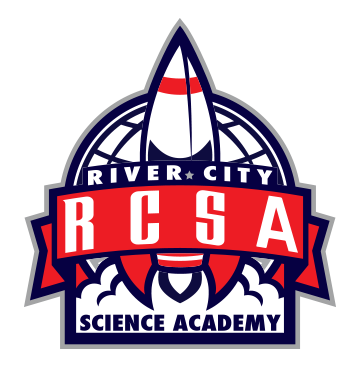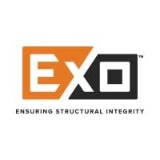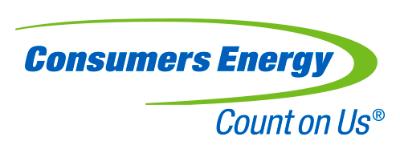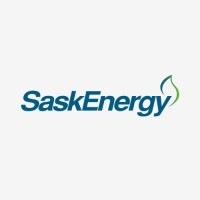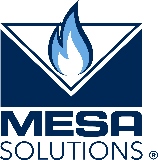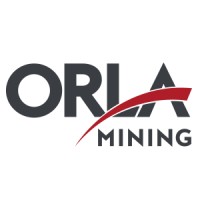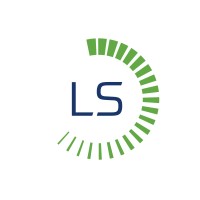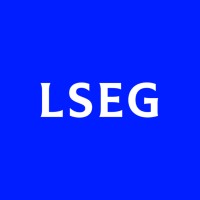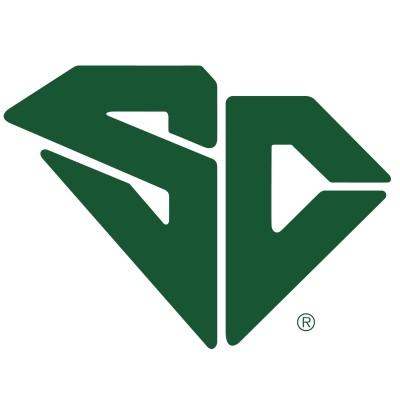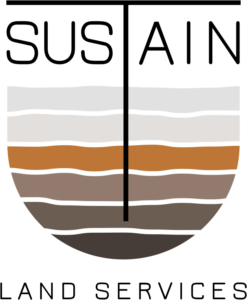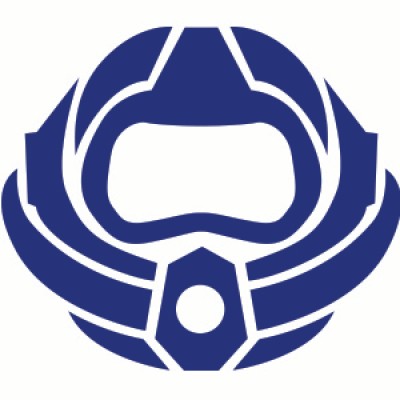Job Title: Applied Technology Analyst
Position Overview: The Applied Technology Analyst supports the deployment and operation of advanced technologies, focusing on Unmanned Aerial Vehicles (UAVs) and related data collection techniques to enhance operational efficiency and quality control processes. This role is primarily field-based, requiring regular travel to perform drone operations, including LiDAR collection, photogrammetry, aerial imagery, and video capture.
When not in the field, the Applied Technology Analyst will work from the office to support other operational groups. This includes assisting with data processing, report preparation, equipment management, modeling assistance, technical assistance, and coordination tasks to enhance overall project delivery and operational efficiency.
Key Responsibilities:
•UAV Operations & Field Deployment:
•Perform UAV operations for data collection, including LiDAR surveys, photogrammetry, and high-resolution imagery and video capture.
•Travel to various field locations to conduct aerial inspections, asset surveys, and mapping assignments.
•Ensure all UAV flights are compliant with FAA regulations, internal procedures, and safety protocols.
•Maintain and troubleshoot UAV equipment to ensure readiness and reliability in the field.
•LiDAR Data Collection & Processing:
•Operate LiDAR systems to collect accurate 3D data for topographical mapping, asset condition assessment, and quality control.
•Perform initial field checks on collected LiDAR data to verify accuracy and completeness.
•Support post-processing efforts by preparing collected data for analysis and integration into client deliverables.
•Photogrammetry & Aerial Imaging:
•Capture high-quality aerial photographs and videos for photogrammetric processing and 3D modeling.
•Use photogrammetry techniques to generate detailed surface models, orthomosaics, and point clouds.
•Collaborate with project teams to ensure imagery meets project specifications and quality standards.
•Data Management & Field Reporting:
•Manage collected field data, ensuring proper organization, storage, and transfer to relevant systems or teams.
•Provide detailed field reports on data acquisition activities, including observations and potential issues.
•Equipment Management & Maintenance:
•Maintain UAVs, sensors, and related technology, including scheduling routine maintenance and software updates.
•Ensure all equipment is field-ready, compliant with security protocols, and properly inventoried.
•Assist with evaluating and testing new tools, UAV platforms, and sensors.
•Office-Based Operations Support:
•Assist with data processing, file management, and quality assurance of field data when not traveling.
•Support the preparation of project reports, deliverables, and client presentations.
•Provide technical assistance to field teams and other departments as needed.
Qualifications and Requirements:
•Associate’s or Bachelor’s degree in Engineering, Geospatial Sciences, Computer Science, or a related technical field; equivalent experience may be considered.
•FAA Part 107 Remote Pilot Certification (or ability to obtain upon hire).
•Hands-on experience with UAV operations, LiDAR, photogrammetry, and aerial imaging preferred.
•Familiarity with drone mapping software, LiDAR processing tools, and photogrammetry platforms.
•Strong attention to detail and data accuracy in field data collection.
•Good organizational skills and ability to manage multiple field assignments.
•Strong communication and collaboration skills to work effectively with field teams and office staff.
•Proficiency with Microsoft Office tools (Word, Excel, PowerPoint, etc.) and basic data management practices.
•Ability and willingness to travel frequently to project sites, sometimes for extended periods.
Physical Requirements:
•Good visual acuity is necessary to monitor their drone during flight, either directly or via live feed. Ability to see in low-light or varying weather conditions, especially for night flying or poor visibility.
•Excellent hand-eye coordination to control the drone effectively. This skill is crucial for navigating obstacles, taking precise actions, and flying in complex environments.
•Must be able to operate the drone controls with precision, which requires good fine motor control. This skill is particularly important for tasks like aerial photography or surveying.
•While most drone flights are short, in certain situations (e.g., surveying large areas), pilots may need to maintain focus for extended periods.
•Ability to work in rugged or remote environments where walking long distances, carry equipment, or operate drones for prolonged periods may be required. Able to work a desk job when not in the field, requiring long hours of sitting and working on a computer.
•Proficient in using a computer, including typing, using a mouse, and other peripherals.
•Ability to read and analyze documents, computer screens, and technical diagrams.
•Effective listening skills for communication during meetings, both in-person and virtual.
Mental Requirements:
•Ability to maintain a strong awareness of their surroundings, including air traffic, obstacles, and weather conditions to make quick decisions in changing or challenging conditions.
•Able to think quickly and effectively solve problems, such as dealing with signal loss, mechanical failures, or unexpected changes in weather during flight.
•Ability to maintain focus during a flight is crucial for safe operation. Attention to every detail, such as battery life, positioning, and camera angles, while also staying alert to avoid accidents.
•Drone pilots need strong decision-making skills, especially in high-pressure or emergency situations. This includes choosing the best route, handling technical malfunctions, and ensuring compliance with legal and safety regulations.
•Have a solid understanding of airspace regulations, flight restrictions, and other laws that govern drone usage to ensure safe and legal operation at all times.
•With constant advancements in drone technology, must be able to learn new systems, tools, and software quickly and be adaptable to evolving flight conditions or drone models.
•While working with a team, or in situations like drone delivery or surveying, clear and concise communication is critical. Must have the ability to convey important information, often under time pressure or challenging conditions.
•Ability to handle stressful situations, especially when operating in high-risk environments. Must be able to maintain composure and make decisions with a clear mind.
•Adaptability and flexibility to thrive in a dynamic and fast-paced environment, with the ability to prioritize and manage multiple initiatives simultaneously.
•Skill in managing relationships with internal and external stakeholders.
Working Conditions:
The Applied Technology Analyst is a primarily field-based role requiring regular travel to various project sites, including remote or challenging environments.
Salary Range: $24.00-28.00
The above job description is a general overview of typical responsibilities and qualifications for the position of an Applied Technology Analyst. The specific duties and requirements may vary depending on the organization’s needs.
Exo is proud to be an Equal Opportunity employer. All qualified applicants will receive consideration for employment without regard to sex, gender identity, sexual orientation, race, color, religion, national origin, disability, protected Veteran status, age, or any other characteristic protected by applicable law.
